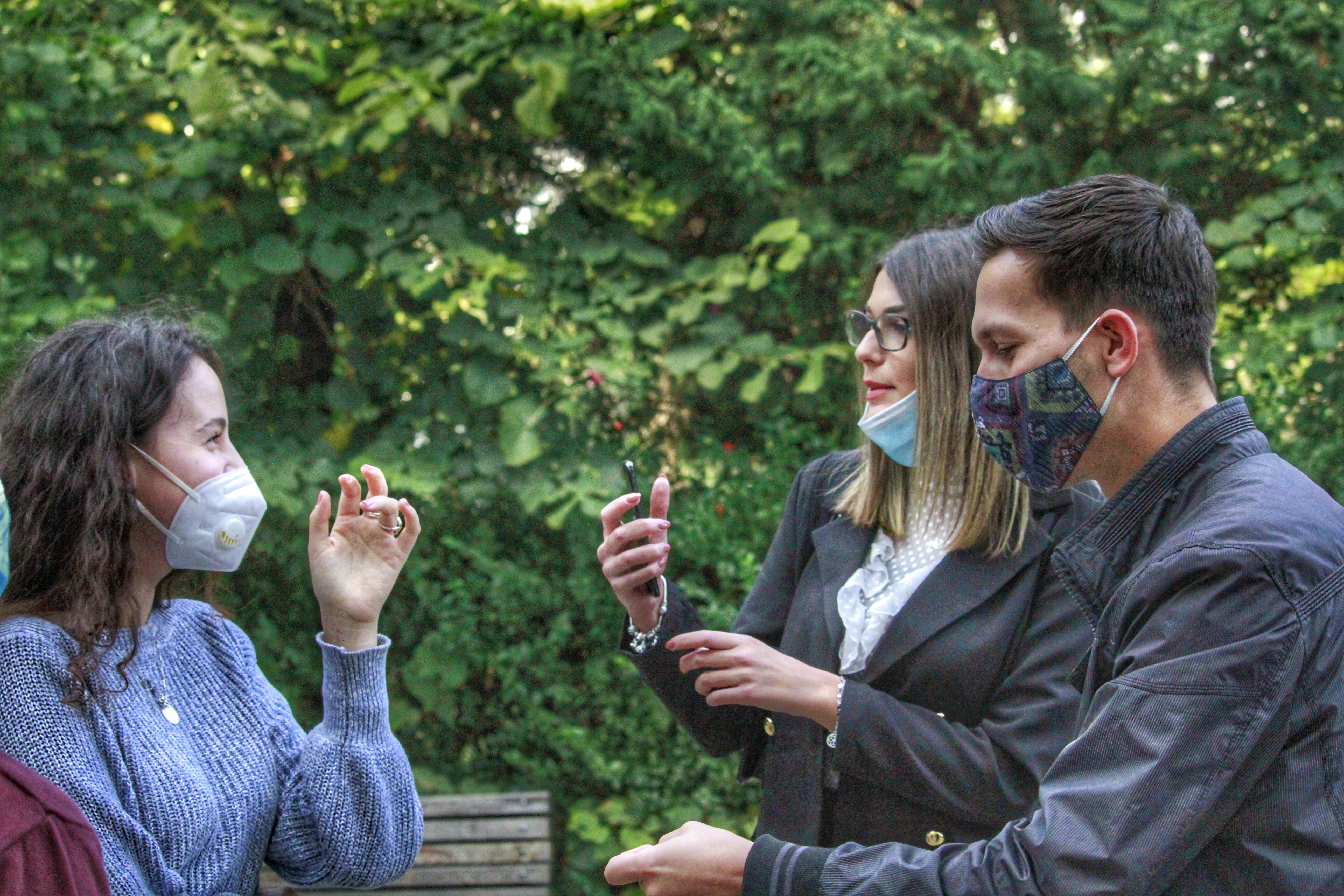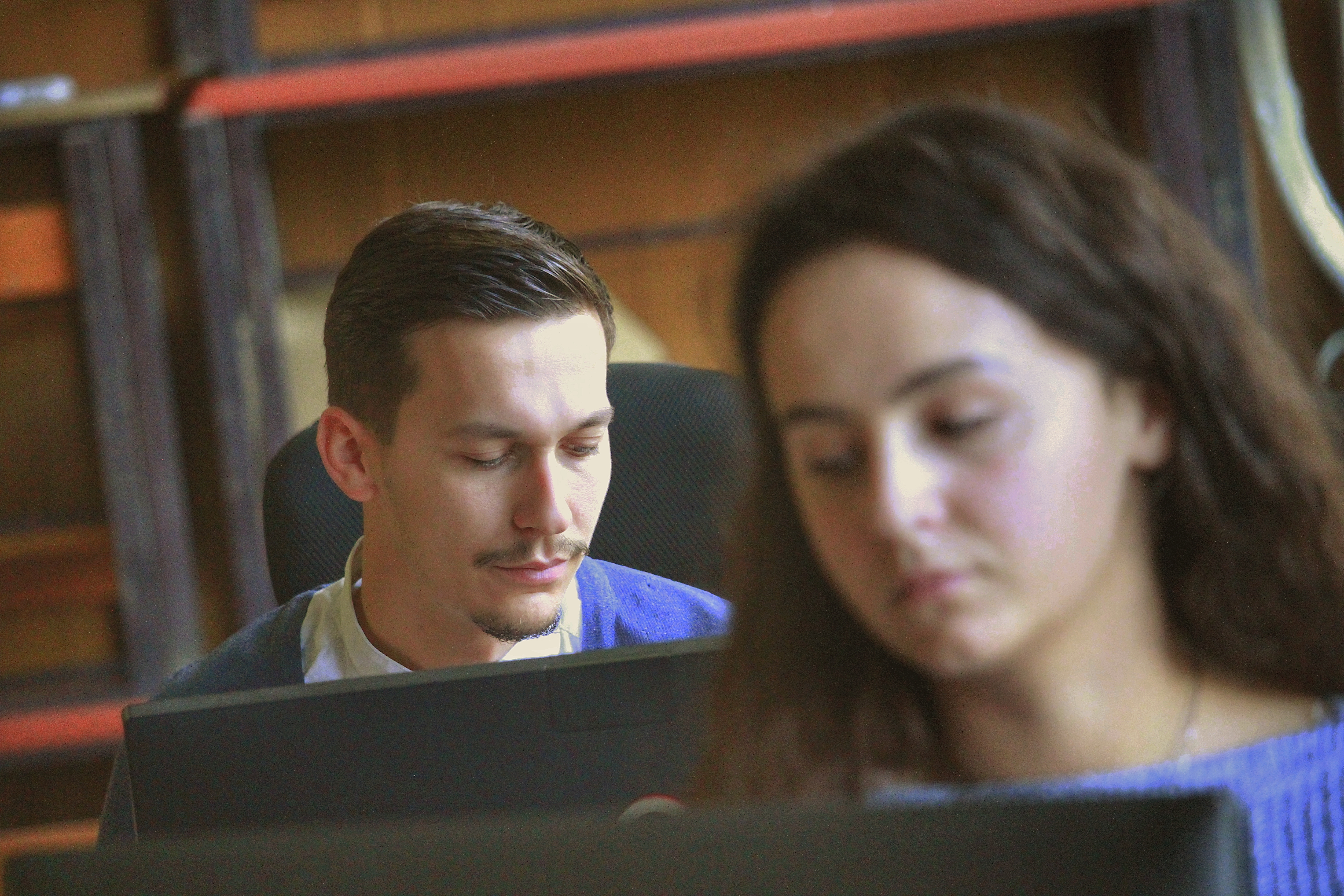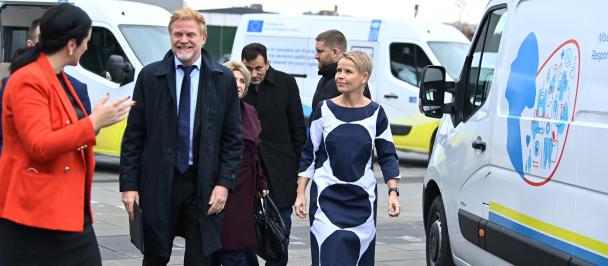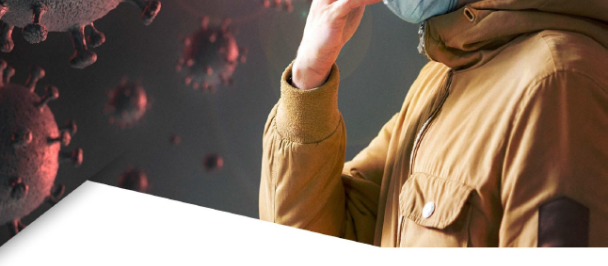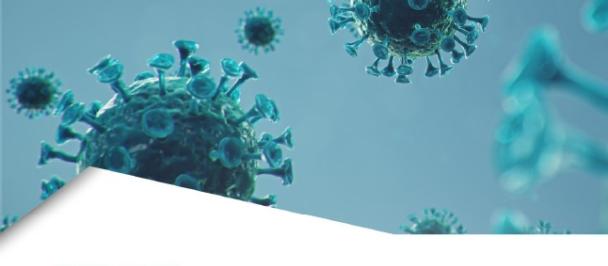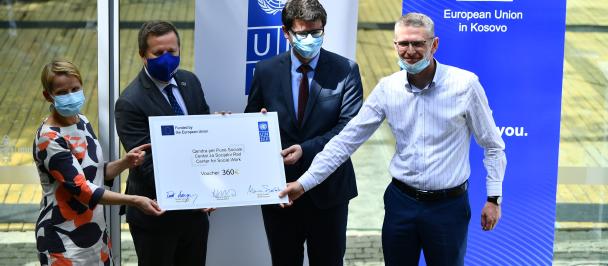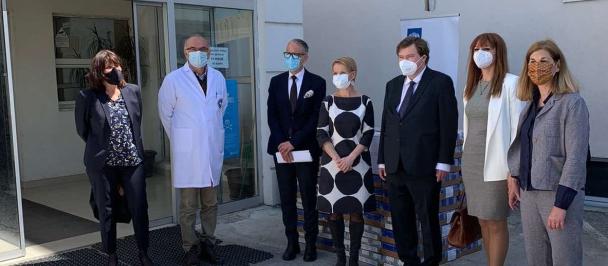The COVID-19 pandemic has changed our everyday life, and the way societies function in general.
Based on health experts, the change generated by the virus and by the measures adopted to fight it - as self-isolation or protracted lockdown - have provoked a stressful and traumatic impact on mental health; an impact that seems there to last and even to grow, triggering stress, anxiety, and, in some cases, extreme depression.
In March 2020, right at the beginning of the pandemic in Kosovo, a group of professors and psychologists immediately understood the extent of the problem. With the help of University of Prishtina, the Department of Psychology has launched an online platform where people in Kosovo could receive psychological support through different channels of communication.
This online platform offers a variety of options: from psycho-educational videos on how to tackle with various mental health conditions to a 24/7 helpline, where people can ask professional psychoanalysts for advice.
“The measures taken to prevent the spread of the pandemic not only caused an increased demand for psychological support, but they also challenged our daily way of functioning, forcing us to limit physical presence and to use a more innovative approach to address the problem,” – says Aliriza Arenliu, Professor at the Department of Psychology. “The online platform is an example of how to continue providing vital services to people despite the pandemic”.
Offering a 24/7 helpline service and keeping the platform well-functioning is not an easy task, though. For this reason, UNDP and UNV decided to assist the University of Prishtina through support packages with personal protective equipment and daily allowances - covering food and transport expenses for the over 20 volunteer psychologists engaged with the helpline) - and they have deployed three UN Community Volunteers to support volunteer coordination efforts.
Despite the complex circumstances, volunteers have not lost their drive. On the contrary, they feel even more motivated.
“In this time of crisis, the fear and anxiety increases and it is our duty as psychologists to keep the callers calm, to talk to them and to convince them that the phase we are going through will be transient, and will not last forever,” comments Saimir Xharra, UN Community Volunteer.
“The space given to people to express their thoughts and feelings, has positively affected their psychological well-being, because in times of crisis, the emotional burden is greater and - if people in need do not talk to a professional - may have negative and difficult consequences that cannot be self-managed”.
The sense of fulfillment brought by the possibility of helping others during such a hard time is recalled also by another UN Community Volunteer, Njomza Halimi: “At the beginning it was a challenge for everyone. Facing a new and little-known infection was extremely stressful. But at the same time, this time has also been a personal and professional fulfillment.”
UNDP and UNV, always in close coordination with Department of Psychology have developed a public outreach and awareness campaign to inform and educate people about mental health, and to promote the activities of the Department of Psychology: a much-needed step to help break the stigma associated with mental health problems and overcome the barriers to seek help.
Since the early beginning of the health emergency, UNDP and UNV are working together – as part of UN Kosovo Team - to support Kosovo institutions in addressing the challenges posed by the COVID-19 pandemic. These activities are part of the joint UN project “Support Kosovo Institutions with swift and innovative solutions to contain the spread of COVID-19 pandemic”, implemented by UNDP/UNV and UNICEF and funded by the UN COVID-19 Response and Recovery Multi-Partner Trust Fund.

 Locations
Locations